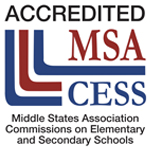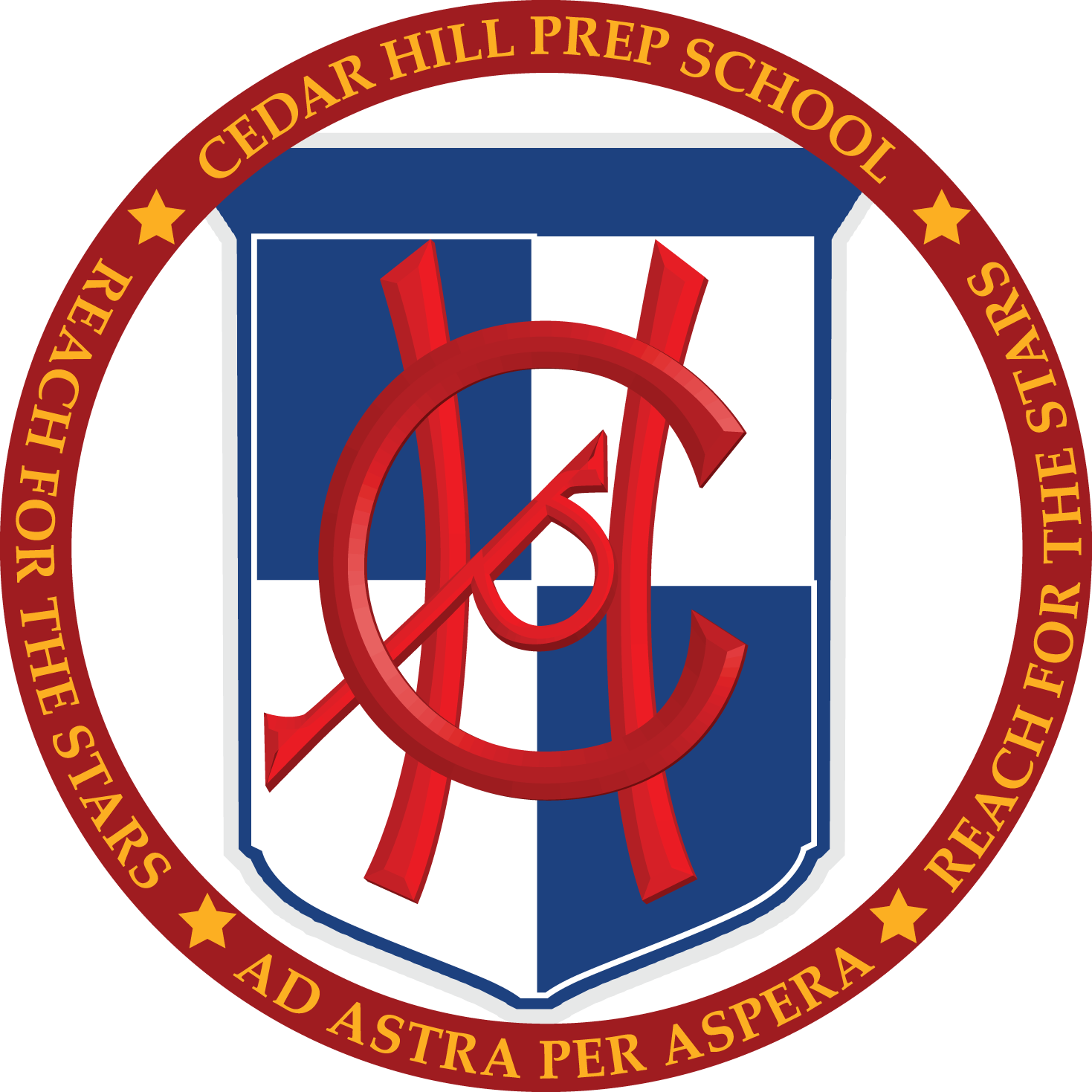Research has clearly shown that peer groups have a great influence on one’s outlook and success in life. As an adult, we are taught to network and surround ourselves with people who encourage us to put our best foot forward and help us succeed.
But did you know that this social phenomenon is even more pronounced among elementary school children?
A multitude of studies have found that a child’s peer group influences key behavioral success markers, and those markers can provide the foundation for making (or breaking) his or her transitions through life.
Here are some insights from these studies which highlight how positive peer influence is fostered within a private school environment.

Attitude Towards School
Students are most influenced by their peer groups when it comes to attitudes about school.
Studies have shown that these attitudes get magnified and become glaringly obvious during pivotal points of adolescence, especially middle school. One study conducted in 2000 indicates that middle schoolers who are surrounded by peers with a positive attitude towards school report having positive experiences in school. Positivity is contagious and eventually breeds success.
An example of positive peer influence is found within The Debate Club at Cedar Hill Prep School.
Cedar Hill Prep School is part of the Garden State Middle School Debate League, and the members of the club have consistently been the top performers in the league. One would then presume that there is a selection process and only the most vocal, expressive students make it to the league. On the contrary since every middle school student has the opportunity to participate and is encouraged to give the “Art of Argumentation” a trial run. More than 50 percent of the students who joined the club were the most diffident, verbally inaudible students. Most students start participating in the club from Grade 5, and one notices the dramatic and positive transformation in the students within a year, not only in public speaking but in comprehension, critical thinking, and self-confidence.
Debate is a team sport. Argumentation is second nature to children and, since this is a peer-to-peer sport, it clearly demonstrates the power of persuasion, peer influence and allegiance. The premise of the club is one of participation, engagement and overall fun, making it less intimidating, and thereby creating an environment that fosters team spirit.
Attitude means everything. Looking at school as an opportunity rather than a burden ensures that the student is more likely to strive for success.
In a private school environment, students are surrounded by other high achievers, motivators for their own achievement. Additionally, smaller class sizes encourage students to foster strong, individual relationships with their peers, a love for learning, and the ability to hear the heartbeat of the school — the dynamic interaction between the students/teacher — which is the most important factor of a private school. Private schools seek out teachers who enjoy teaching and learning with the students, who will help students develop positive attitudes about accepting academic challenges, and who will encourage students to develop better study skills, time-management skills, and organizational skills.
The school culture creates an incubator for success.

Achievement
Peer approval is vitally important to adolescents. Just ask Kirk A. Johnson, Ph.D. In his research, Johnson found that fourth graders, whose attempts at academic success were ridiculed by their friends, experienced an 8.5% drop-off in reading skills when compared with students whose friends did not make fun of their attempts to succeed in school. This is approximately equivalent to a drop in 19 points on a 100 point test. That’s almost two letter grades.
In addition, a school environment where the administration and teachers put a high premium on the social well-being of each student, with zero tolerance for bullying, plays a critical rule in fostering positive behavior and student achievement.
In a private school, students are taught both the art/craft of social engagement and the value of education. A great emphasis is placed on the notions that learning is continuous, that all learning cannot be measured by grades, and that each child has unique talents that need to be discovered. This quells negative peer pressure, which affects student performance and success, and enables students to cultivate their unique and individualized relationships with learning.
In the United States, many of the standardized tests are designed to identify the minimum bar of proficiency. For example, the “Proficiency Level,” according to Common Core Standards, is to score 50% in Language Arts or Math. Therefore, students scoring above 50% are considered “Proficient,” and above 70% are considered “Advanced Proficient.” This is primarily used as a guideline for federal and state funding. Most parents are misinformed and use this misinformation to define their child’s academic goals.
The goal of private schools is to educate, to tailor curricula such that students develop a love for learning and excel in understanding the content. There is a significant emphasis on the delivery of content and methodology of instruction so that every student has a chance to learn and comprehend.
When Cedar Hill Prep School students transition to high school, they are consistently placed in honors-level classes, and often in Level 2 or Level 3 courses. This is primarily because the students demonstrated a higher level of knowledge and understanding in each content area — Language Arts, Math, Science, Social Studies and Spanish.
Connectedness
Experiencing true connection is the groundwork of a strong social network for students.
Connection, it has been proven, is vitally important to the student’s health and well-being. Robert Blum, MD, MPH, Ph.D., shows that students who feel more connected to their school community are less likely to engage in “risky behaviors” including vandalism, absenteeism, bullying, and fighting.
These behaviors have a direct negative influence on the student’s future and create habits that impede the student’s likelihood for success. They can be easily alleviated with positive social relationships within the school community. This connectedness, according to Blum, is fostered through elements such as feeling “a sense of belonging” in the school, having good friends at school, and participating in extracurricular activities. These elements create a social structure that allows students to thrive.
The unique opportunities that private schools can offer students and their families encourage social interaction, from the wide range of extracurricular activities to inclusive events that show pride in the school community.
Cedar Hill Prep School has a high level of alumni engagement in school activities. Sixty percent of the graduates come back to volunteer at CHP during their holidays and serve as mentors and coaches to existing students for various competitions and clubs.
In addition, most alumni can be heard saying that they made life-long friends during their time at Cedar Hill Prep School, friends who are still their core champions in life.
Conclusion
Make no bones about it — your child’s success depends upon a great many factors, including their peer group. In a private school, this peer group has a higher likelihood of encouraging the good habits that forge success. This, in turn, will lay the foundations for a lifetime of achievement.





.png)
